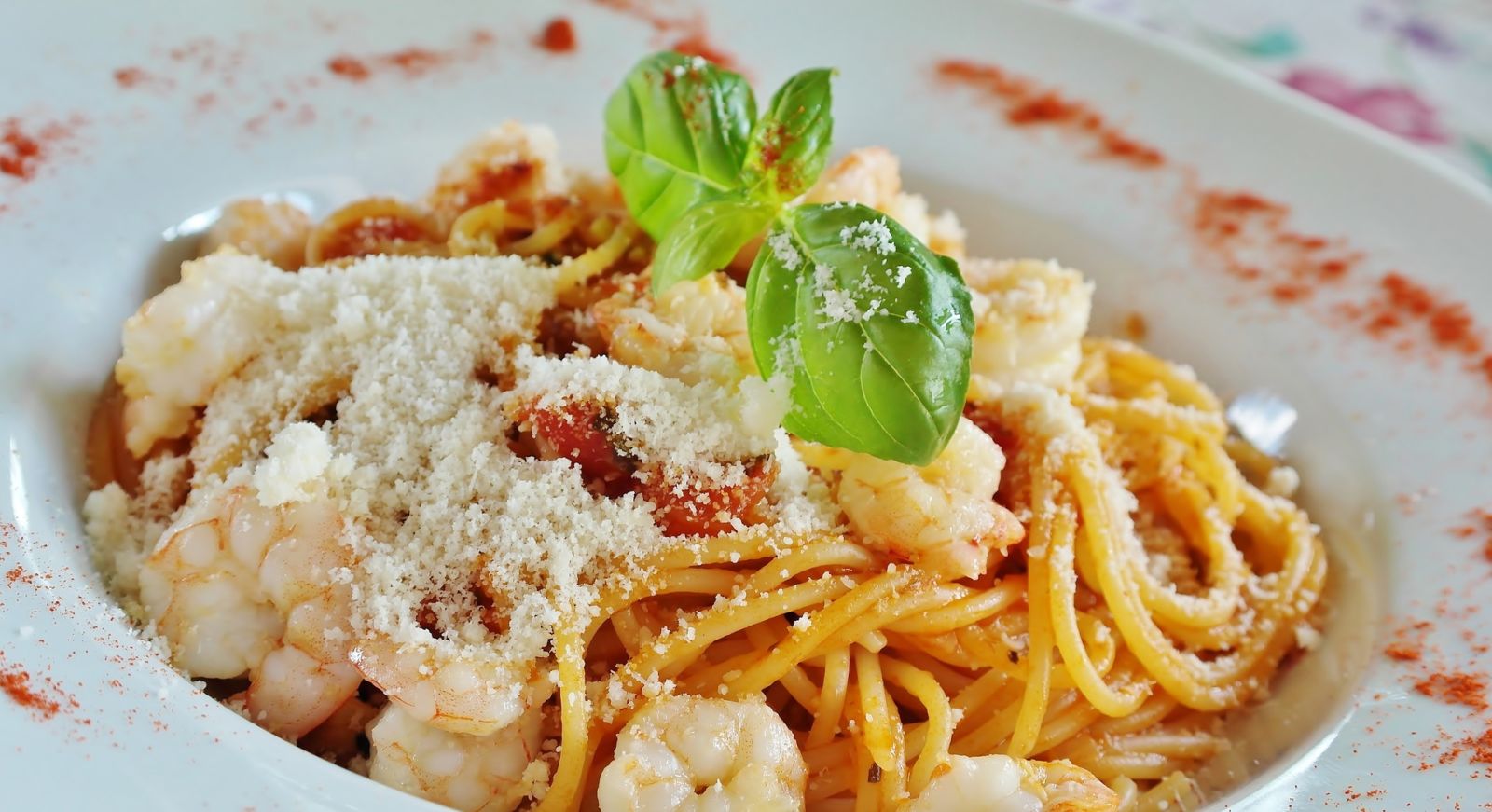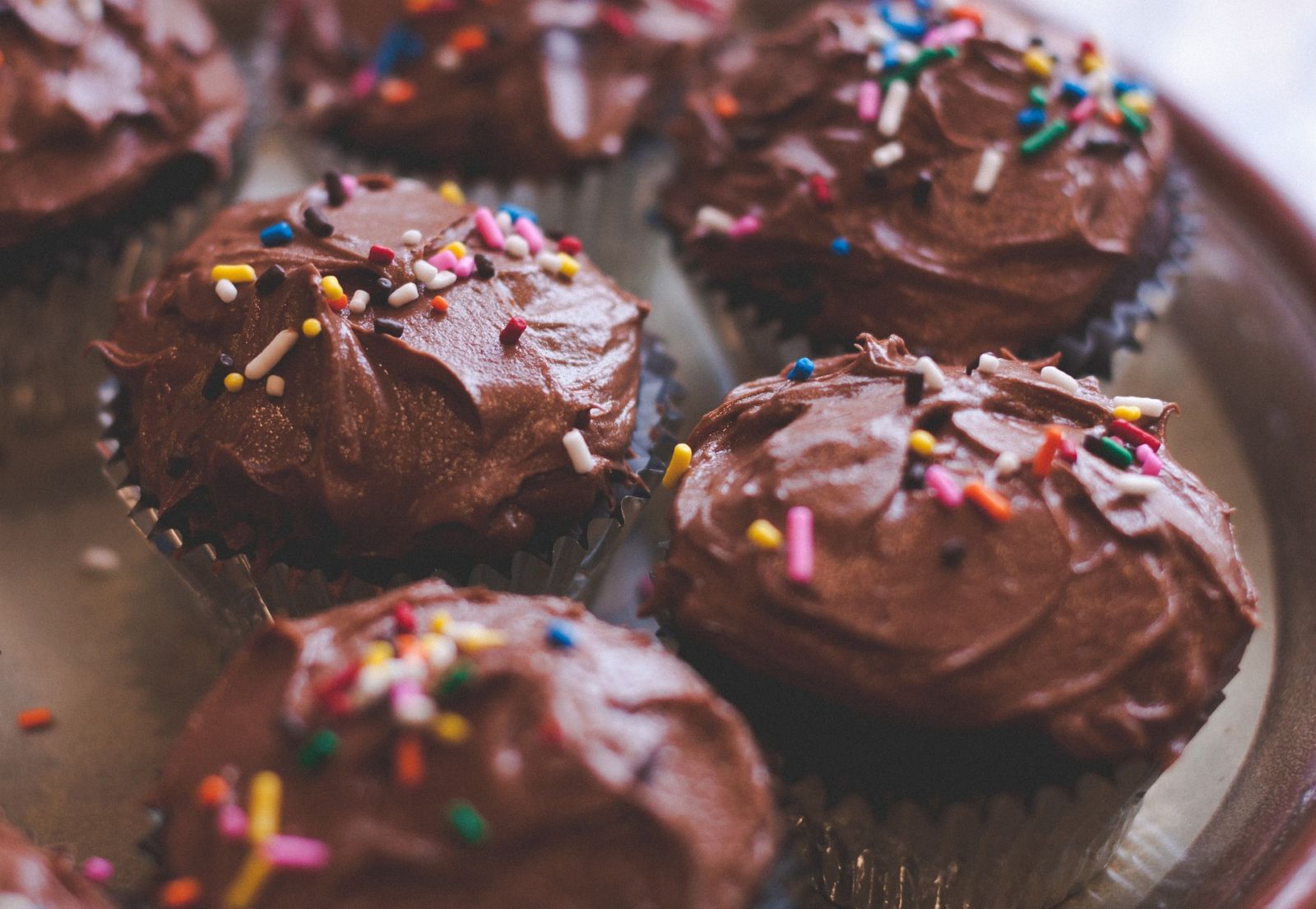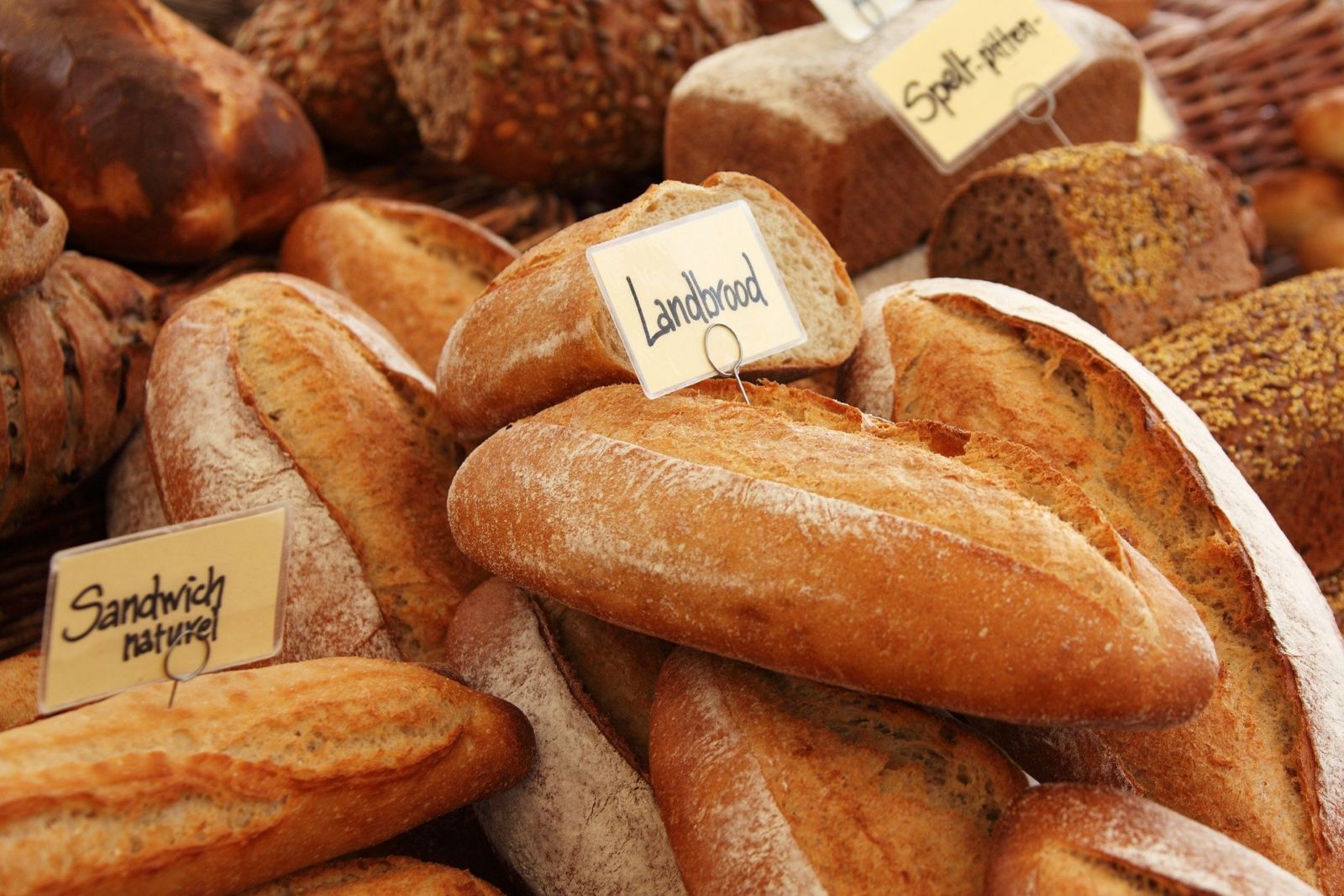How does metabolism work and where does the fat you burn stay?

Before you start losing weight, it is important that you learn to understand how your body is put together and how metabolism (metabolic rate) works. For example, what are carbohydrates, proteins and fats for? More importantly, how do you burn fat and where does it stay? This may seem complicated but it is not.
After delving into the theory of our digestion, reading a lot about it and talking to various professionals (dietician, GP, personal trainer) about it, so many things have become clear to me and I have learnt so much that I am excited about, that I would like to share it with you here.
Knowing how metabolism and fat burning works will make you look at food with completely different eyes than before.
You will no longer just pop something in your mouth when you think you are craving a snack, you will feel fitter, feel better about yourself, have less craving for sweets, gain self-confidence and... lose weight!
I will explain in brief.
Carbohydrates
Many people fear carbs because they are said to make you fat. This is not entirely true. You only get fat from carbs when they make you eat more of it than your body burns. That's why exercise is so important!
In fact, people who exercise a lot take in extra carbohydrates because carbohydrates are essential for muscle development, and: muscles burn calories!
So you can't do without carbohydrates! Carbohydrates give your body strength and energy and provide a faster burning of fat.
You just need to know what are 'safe' carbs and 'unsafe' ones for a healthy weight.
After all, you have good and bad carbohydrates. The good ones are indispensable in our diet and certainly in slimming!
Fat
All the carbohydrates you ingest in excess are stored as fat in your fat cells. This stored fat is your energy storage. When you need extra energy at a later time, the fat is detached from your fat cells. This loosened fat is broken down into glycerol and fatty acids, which act as new fuel.
That's when you burn fat!
Breaking down fat requires a lot of oxygen, which is provided by the lungs. When the fat is broken down and the body has used up (burned) the released glycerol and fatty acids, what remains is: water and CO2.
If you lose 10 kilos of fat, around 8.4 kilos leave the body via the lungs as CO2 and 1.6 kilos as water. So the vast majority of the fat you lose is exhaled, partly as CO2 in part like water!
The whole art of losing weight is: Burn the fat stored in your fat cells and make sure you don't feed the emptied fat cells again with new excess carbs!
Huh? Is it that simple?
Yes. It's as simple as that.
The above text previously appeared in the Balance book. The book is now sold out, but may still be available to order second-hand via the link below.
Slimming blog >HOME



